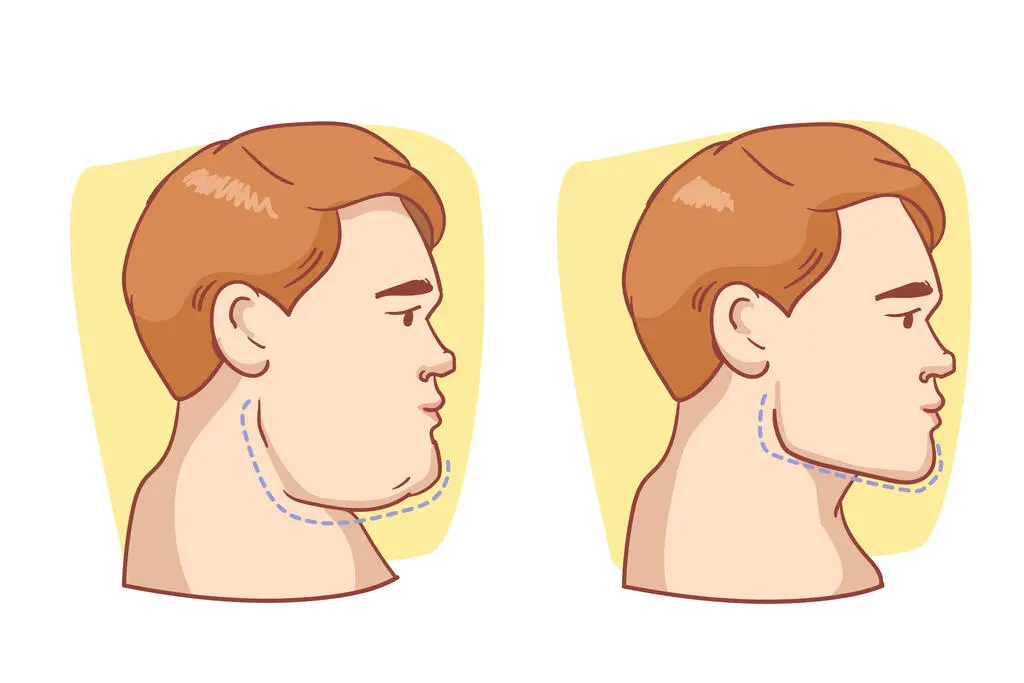You may have heard about fasted cardio, where people do workouts on an empty stomach to burn fat faster, but is it worth trying? While fasted cardio may suit certain lifestyles, it’s essential to consider these factors before incorporating it into your weight loss routine.
What Is Fasted Cardio?
Fasted cardio involves exercising when your body hasn’t processed any food, typically done in the morning after a night’s sleep or during intermittent fasting periods. This approach is believed to boost fat burning, whether done in the morning or later in the day during periodic fasting.
Fasted cardios are often promoted as a method to speed up fat loss compared to nonfasted cardio. While this idea seems appealing, its actual effectiveness hasn’t been conclusively proven yet.
Is Fasted Cardio Safe?
For the most part, yes. Incorporating short or moderate-length steady-state fasted cardio sessions into your routine is generally safe if you’re in good health.
However, engaging in extended periods of exercise or high-intensity workouts while in a fasted state can pose risks. This may lead to potential side effects like low blood sugar or dehydration, resulting in symptoms such as lightheadedness, dizziness, shaking, or even fainting.
Are There Any Benefits Of Fasted Cardio?
The concept behind fasted cardios suggests that by exercising on an empty stomach after fasting overnight. Your body uses stored fat for energy instead of relying on glucose, which is a primary energy source.
Research yields mixed outcomes regarding the effectiveness of this method. One review discovered that in several studies, fasted exercise resulted in increased metabolic performance post-workout.
However, the same review noticed that eating before aerobic exercise helped performance, especially during long workouts.
While further research is necessary to solidify claims, fasted cardio presents some additional potential benefits:
- For those with limited time, fasted cardios eliminate the need to prepare, consume, and digest a meal beforehand.
- For individuals practicing intermittent fasting, fasted cardio offers the opportunity to exercise before consuming their first meal of the day.
- If you prefer exercising on an empty stomach, fasted cardios might be a viable option. Particularly if you experience stomach sensitivity or feel more energized without eating before a workout.
Does Fasted Cardio Help In Weight Loss?
The primary factor in weight loss is burning more calories than you consume. However, there’s conflicting evidence on whether fasted cardios effectively promotes fat loss.
In a study involving 20 young females, researchers divided them into two groups. One group performed 1 hour of fasted steady-state cardio, while the other did the same duration of nonfasted steady-state cardio. Both groups exercised three days a week for four weeks and followed a diet with a calorie deficit. Although researchers found no disparity in weight loss or body composition between groups, some studies do support the notion that fasted cardios increases fat burning during a workout.
A review of 27 studies published in the British Journal of Nutrition in 2016 concluded that aerobic exercise performed in the fasted state leads to higher fat oxidation compared to exercise performed in the fed state.
This research suggests that fasted cardio may burn more calories during the workout itself compared to nonfasted cardios. Its overall impact on total daily calorie expenditure within 24 hours is minimal. Non-exercise activity thermogenesis (NEAT), which contains energy expended on daily activities excluding exercise, eating, or sleeping, contributes to approximately 15% of daily calorie expenditure, varying based on individual activity levels.
In nature, whether fasted or not, increasing daily movement remains the most effective strategy for weight loss. Engaging in activities like walking, using the stairs, frequent breaks from sitting, or playing with children will have a more significant influence on weight loss than a single session of fasted cardios.
Risks Of Fasted Cardio?
Now that we know the benefits of fasted cardios, we should keep in mind that fasted cardio also has some risks
Muscle-building
When your body lacks sufficient carbohydrates for energy, it initiates a process called gluconeogenesis, converting protein into fuel. This process reduces the available protein for muscle rebuilding.
Opting for low-intensity steady-state cardio over high-intensity exercise in a fasted state may be preferable. In this scenario, the body relies on free fatty acids for fuel instead of burning carbohydrates.
It May Limit Performance
Especially during moderate or high-intensity workouts such as HIIT, boot camp, or weight training. Exercising on an empty stomach can lead to suboptimal energy levels without prior fuel intake. Additionally, be mindful of signs indicating low blood sugar levels and dehydration.
When Should Be Fasted Cardio Avoided?
If you have a medical condition sensitive to low blood sugar or blood pressure, or if you’re pregnant, it’s advisable to avoid fasted cardios. Similarly, beginners in their fitness journey should refrain from fasted cardio until they have a better understanding of their body’s response to exercise.
Guidelines For Fasted Cardio
If you’re in good health and deciding to include fasted cardios in your routine is a personal choice. If you’re new to it, start gradually. Start by ensuring you hydrate well before and during your workout.
Experiment with a low to moderate-intensity steady-state activity such as:
- Walking
- Running
- Cycling
- Using the elliptical for 10 minutes
Do it to measure how your body responds. If you feel comfortable, gradually increase the duration to 30 minutes over time.
After your fasted cardio session, consume a balanced meal or snack rich in protein and carbohydrates. Avoid high-intensity workouts or sessions lasting over an hour during fasted cardios. You can include low-intensity steady-state fasted cardio on several days each week, but remember to take 1 or 2 rest days as well.
Final Thoughts
Whether you do cardio on an empty stomach or not, it’s beneficial for your overall health. While maintaining a balanced diet is crucial for weight loss, incorporating cardio into your routine can help you achieve your weight loss goals.
Although research on its metabolic impact is still inconclusive, fasted cardio might align better with your lifestyle or preferences. So, if you’re generally in good health, consider giving it a try.















